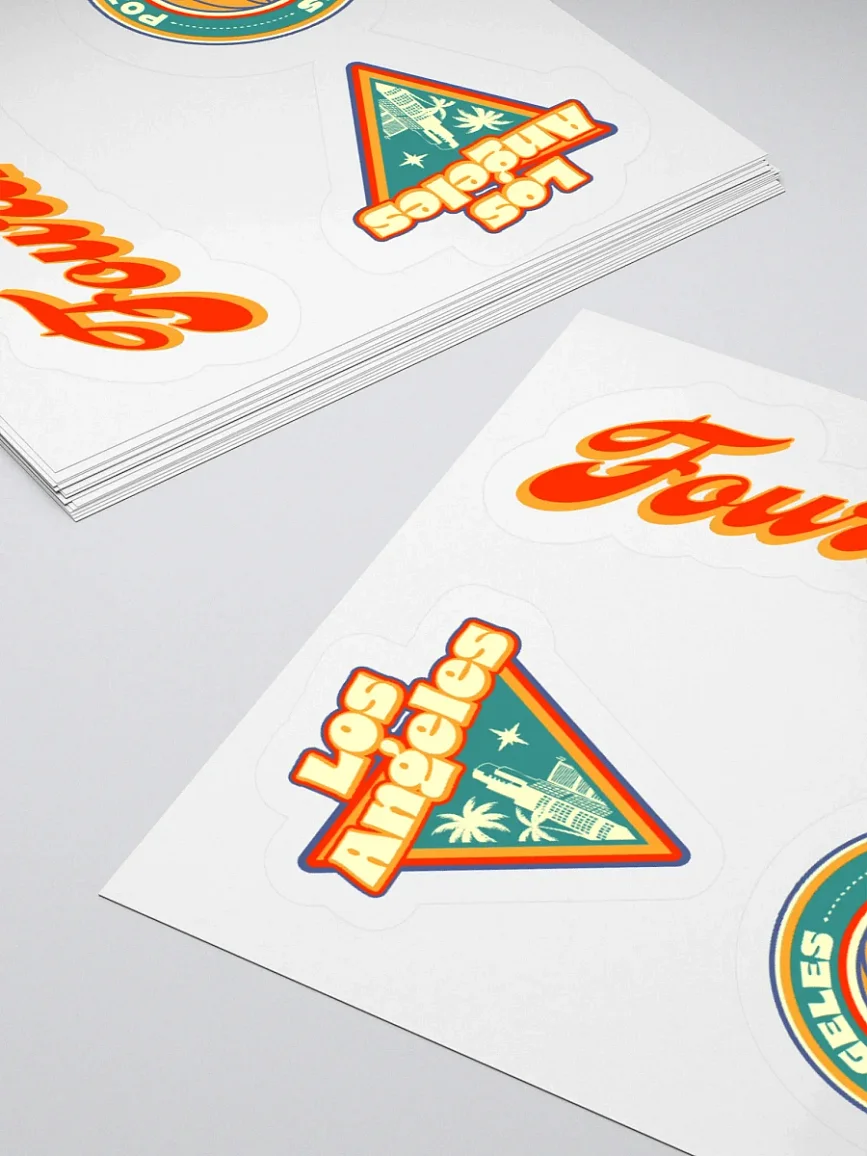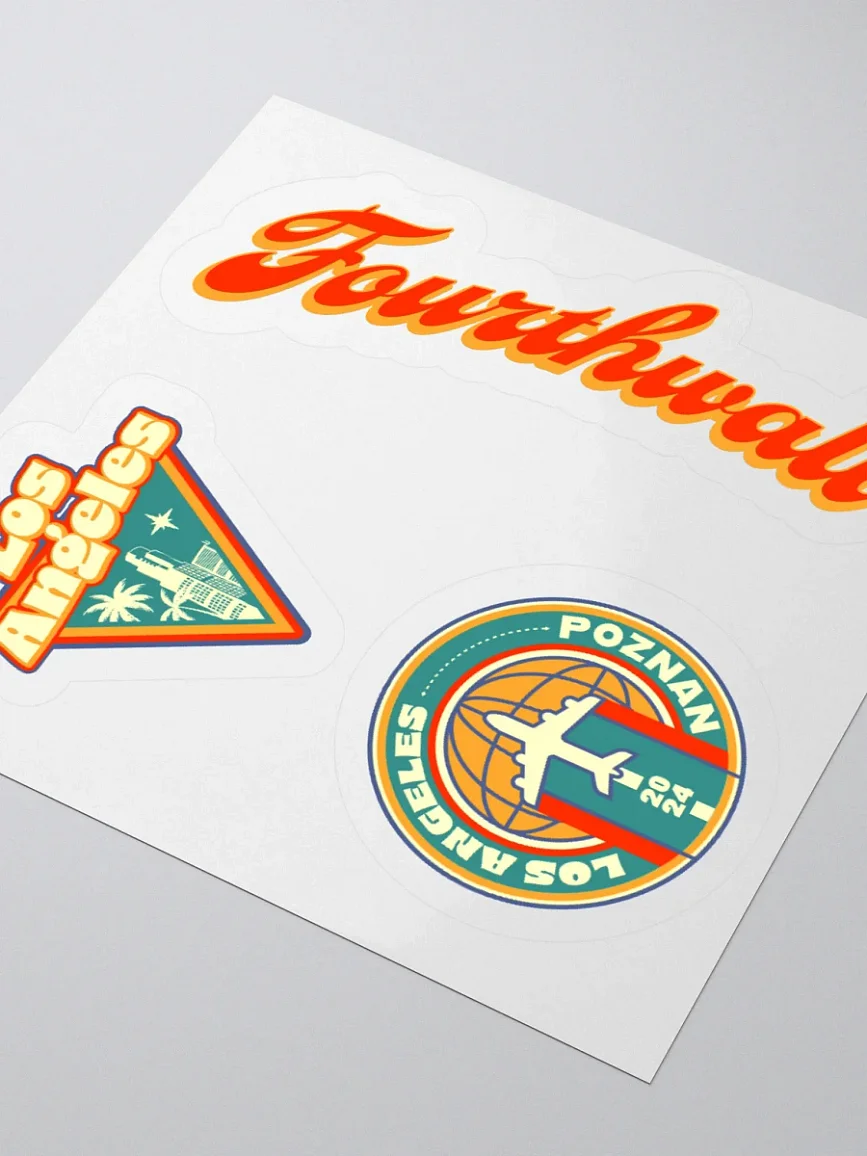Can a Nonprofit Sell Merchandise?
.webp)
There's a common misconception that nonprofit organizations and charities are fine accepting donations and sponsorships - but they aren't allowed to sell products or merchandise. In reality, nonprofit organizations can sell products as long as they follow specific regulations and guidelines to avoid any legal or tax-related issues.
Charity merch can actually be a great complement to a nonprofit's other revenue-generating activities, and can help amp up the results of nonprofit fundraising efforts! Let's look at how you can make charitable merchandise work for your nonprofit organization.
Guidelines for Nonprofits That Sell Products
Charitable Purpose
The first concern is to make sure that the products your nonprofit is selling are related to your charitable cause. For instance, branded workout socks would be perfect merch for an event supporting the YMCA, but they might not be as appropriate for a museum fundraiser; while items like t-shirts and coffee mugs are more universal, and can likely accompany most charity fundraising efforts.

But appropriateness isn't even the biggest reason for this concern; nonprofit organizations must avoid selling products that have no connection to their mission, as this would impact their tax-exempt status, and could result in the charity having to pay a separate tax called UBIT.
Unrelated Business Income Tax (UBIT)
Nonprofits are tax-exempt organizations that do not generally pay federal income tax on the contributions and donations that they receive; they may be required to collect sales tax on fundraising product sales, but those laws vary from state to state and country to country. Nonprofits may also be required to pay Unrelated Business Income Tax (UBIT) if they engage in activities unrelated to their mission.
This is another reason that nonprofits should ensure that, as mentioned above, the fundraising products they sell are related to their charity. The UBIT tax applies to activities that generate income, such as product sales, that are not related to the organization's core charitable cause.
Sales Tax
If your charitable organization decides to sells products as part of its nonprofit fundraising, they may be required to collect sales tax from customers. Different U.S. states have different sales tax laws, and nonprofits must follow the laws of the state they operate in; some states may have specific exemptions for nonprofit organizations in regards to collecting sales tax or merchandise, so your charity may be required to obtain that exemption certificate from the state. Nonprofits should ensure that they have the necessary permits and licenses to sell products in their state, and they also need to collect and report sales tax correctly.
If you're working for or contributing to a charity organization in another country, you'll have to fully investigate those regulations, as well, as they may be completely different from stateside laws; for instance, direct contributions to a foreign charity don't always qualify for U.S. tax deductions. Consulting with an attorney or tax professional can help determine the specific obligations your nonprofit needs to follow no matter where your location, so that your nonprofit charity can stay above board and focus on the cause.
Benefits For Nonprofits That Sell Products Or Merch
Selling products can bring several benefits to nonprofit organizations. These are three of the most significant advantages:
Generate revenue
The most obvious benefit of selling merchandise for nonprofit fundraising is, of course, generating revenue for the charity. Selling merchandise can provide a new stream of revenue for nonprofits that can complement the donations and grants they receive. Revenue from product sales can help organizations fund their programs and services, cover overhead costs, and expand their impact.
Raise awareness
If your charity's merchandise/products include logos or text referencing the charity, then the merchandise itself becomes a great promotional, advocacy, and awareness tool as donors wear and use the items. T-shirts, sweatshirts, hats, reusable water bottles - all of these merch products and more can help raise awareness about the cause. Fourthwall has a large selection of customizable items that are perfect for getting the word out about your charitable cause!

Build community engagement
Products can help build a sense of community and engagement among supporters of a nonprofit cause. Supporters who purchase and wear merchandise effectively become ambassadors for the organization, and can also recognize each other in public through their shared cause. You could even create limited-edition runs of some merchandise to encourage people to buy the newest item or complete a "set" of items, bringing even more revenue in for your nonprofit charity. And if you have merch created specifically for a charity event, that merchandise can help provide a clear reminder of your charity's cause long after the event itself is over.
How To Choose a Merch Platform For Your Nonprofit
Now that you've decided to create charity merchandise, where are you going to sell it online? Here are three essential aspects that nonprofits should consider when selecting an ecommerce platform:
Cost
Consider the overall cost of using a merch platform and ensure that it fits your nonprofit organization's budget. Some platforms may offer additional fees for processing payments or shipping products, so it's important to compare the pricing structure of different platforms. Fourthwall doesn't charge any up-front costs or monthly fees; the platform only makes money when you do.

Functionality
The different fees charged by different platforms and their functionality is an important consideration. Nonprofit organizations must ensure that their custom platform provides all the functionality they require to design and sell products and merchandise effectively. Fourthwall, for instance, makes it easy with many product options, design templates for your customizable merchandise, and a full list of payment providers, so people purchasing your charity merch can enjoy smooth transactions.
Features
Customizable pages and a user-friendly interface with a broad range of product management features are crucial factors worth evaluating when selecting a platform. In addition to all of the choices for your merchandise store plus the ability to send "thank you" messages to your charity's supporters, Fourthwall also offers a wide range of additional features for free. You can design your own branded homepage (without need of coding knowledge), offer your supporters memberships, and many more options to enrich your nonprofit's homepage.
Create And Sell Your Nonprofit Merch With Fourthwall!
If you're looking to add merchandise as another means of generation revenue for your nonprofit organization, Fourthwall can be a great partner to your charitable cause. Fourthwall provides all the essential features and functionality needed to create a branded online store for your charity merch.
With Fourthwall, nonprofits can diversify their revenue streams, build a more sustainable future for their cause, and connect with supporters through recognizable, high-quality custom merchandise. It's a great way to make your cause more visible, and have fun doing it!
















